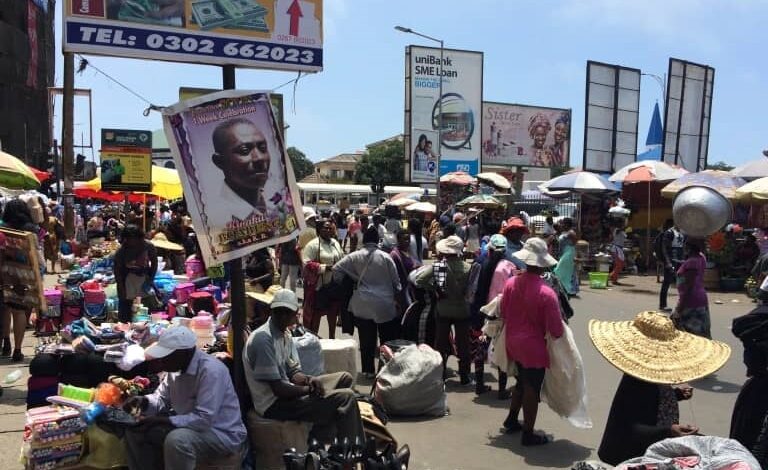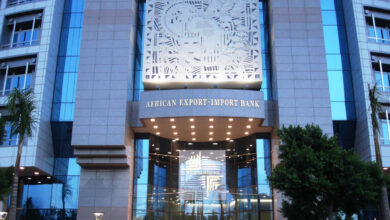Cedi Surge Brings Relief to Ghanaians as BoG Moves to Sustain Gains

Ghana’s currency, the cedi, has staged a dramatic comeback this year, appreciating by 42.6% against the US dollar, bringing relief to importers, businesses, and households.
For traders who buy goods in dollars, transport operators who depend on fuel imports, and families budgeting for daily essentials, the stronger cedi has meant easing price pressures and more predictable costs.
The Bank of Ghana (BoG) attributes the gains to strong inflows from gold and cocoa exports, resilient remittances, improved investor confidence, and disciplined monetary management.
“We have worked to anchor expectations and protect the value of the cedi. Sustaining these gains remains our top priority,” a statement issued from the regulator said.
The external sector is also in better shape, with a trade surplus of $5.6 billion and a current account surplus of $3.4 billion recorded in the first half of 2025, significantly up from last year. These surpluses have boosted foreign reserves to $11.1 billion, covering 4.8 months of imports, offering a stronger buffer against future shocks.
Economists say that if these improvements are sustained, local businesses can plan with more confidence, and households may continue to enjoy relative stability in food and fuel prices.
The BoG has pledged to maintain prudent policy measures to lock in the currency’s strength, signaling hope that the economic relief Ghanaians are now feeling may last.




